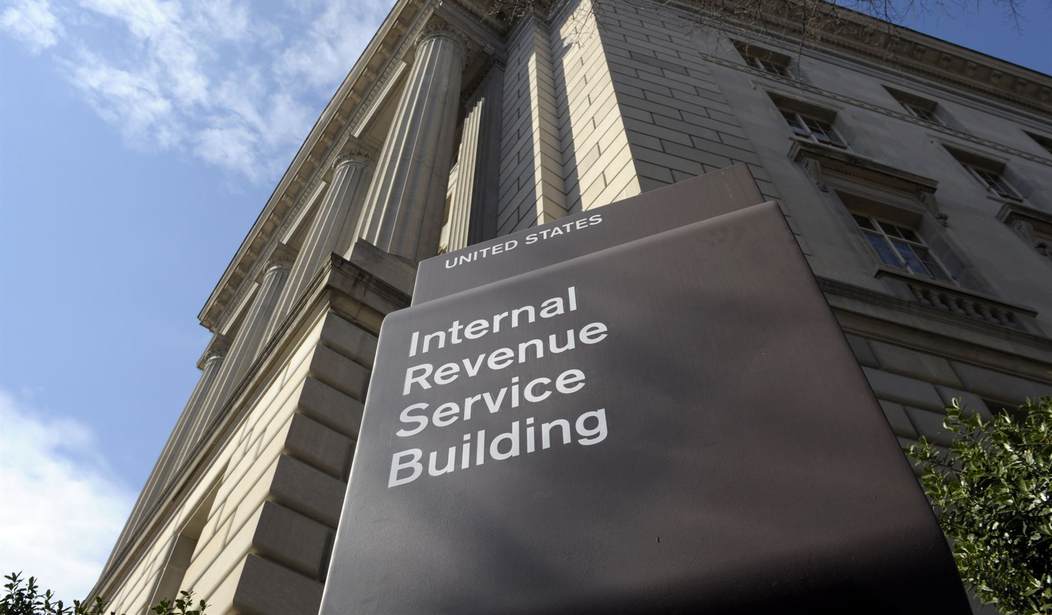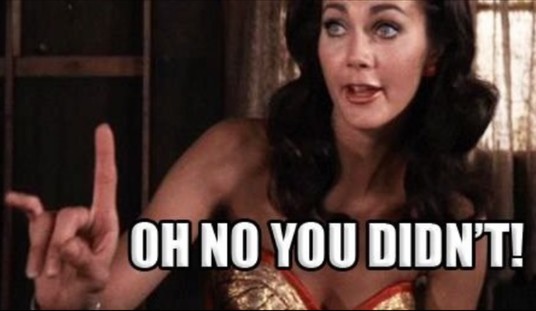Grover Norquist tweets, "The claim that the rich pay little or no tax is a lie based on fake figures."
The claim that the rich pay little or no tax is a lie based on fake figures. In fact, 50% of earners in the United States, those earning $46,500 or less per year, pay 2.3% of total income tax in the U.S. In contrast, the top 1%, who earn $682,500 or more, pay 45.8% of total U.S.…
— Grover Norquist (@GroverNorquist) April 7, 2024
The rest of Norquist's tweet reads, "... income tax. The proportion of total income tax paid by the richest has risen massively over the past two decades. In 2001, the top 1% of earners in the United States paid a third of income tax — 20 years later they are paying almost half."
High-dollar earners paying out the wazzu in taxes is something that ends up affecting everyone and everything in an economy. They are, in many cases, those whose capital ultimately flows toward job creation and investment. When they have less of that capital, that is less capital available to be invested or put toward the potential employment of others. A six-figure earner could be precluded from granting those he employs a raise due to paying a higher tax bill, which would have a directly inhibiting effect on the upward economic mobility opportunity of the person employed. At the same time, a six-figure (or more) earner could be precluded from making certain luxury purchases, which would remove significant capital flow and private-sector stimulation of the overall economy. This affects everyone and everything. The quality of certain goods produced and services offered by businesses run by high-dollar earners will be impacted because less money will be available to be spent on the quality of goods and services. The expansion of the economy, the increase of consumption and employment options, will be inhibited because investors who would otherwise put capital behind innovative and entrepreneurial endeavors and start-ups will be paying more of that capital in taxes.
Recommended
In their effort to sell tax increases, Democrats often use phrases akin to, "Taxes will not be raised on anyone making less than (insert amount here)." But what about the reduced payroll amount for the employee making less than (insert amount here) because his or her employer had to pay a higher tax rate?
There is a difference of fundamental ideological perspective that lies at the heart of the effort to divide "rich" America and other America. Those who understand the opportunity provided by free market economics are less concerned about what the so-called "rich" are paying as they are about building their own wealth and ascending the earning ladder. They understand that the economic structure afforded by the freedom that exists in the United States of America can result in upward economic mobility. The emphasis is on rising to the top rather than bringing down the roof.
























Join the conversation as a VIP Member